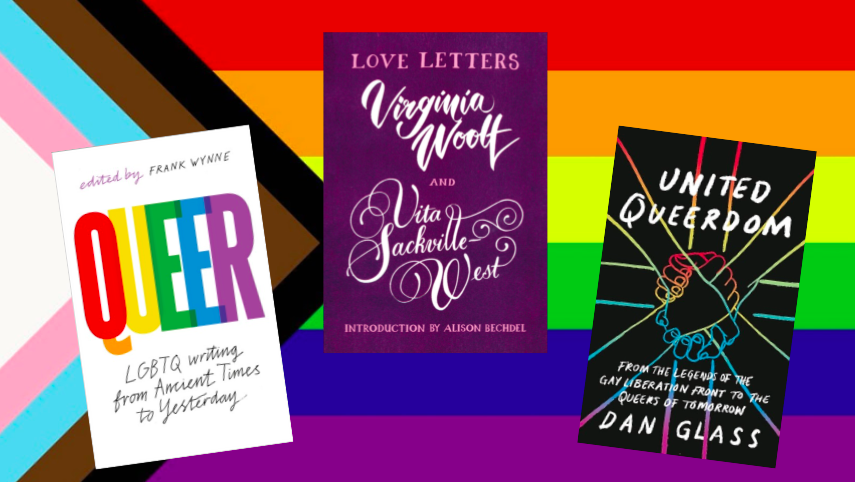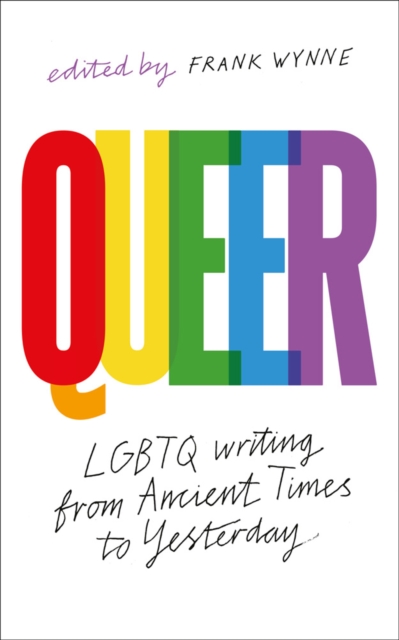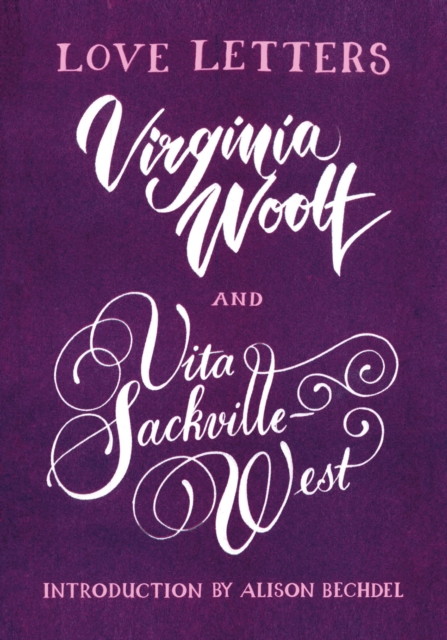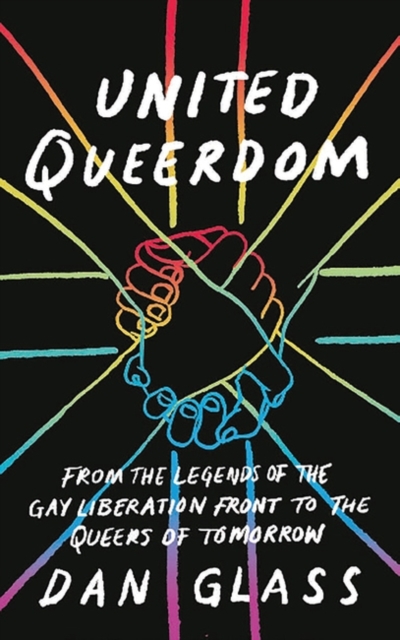Hello and welcome to the second instalment of Rhian’s Rainbow Roundup!
February is LGBT History month, a very important time of both celebration and reflection, so I decided to focus on some non-fiction this month. The three books I read complemented each other perfectly, and for someone who has read barely any non-fiction (whoops) they were also a brilliant place to start.
Queer history is not something we necessarily learn about in conventional ways. It’s often (still) not taught in schools, and it’s only relatively recently that queer stories have started appearing in mainstream media, not just on TV and film but on YouTube, in podcasts, and everywhere else that matters in our modern world. There are many reasons for this, but the most obvious is that queer histories are lost to time because of centuries and centuries of homophobia. The deliberate erasure and censoring of queer people and their work is nothing new, and we still face it today.
My favourite example of this – insofar as you can have one – goes like this: translators decided to change the pronouns of all of Sappho of Lesbos’ lovers, so that her ground-breakingly sensual and erotic poetry was aimed at, you guessed it, young men instead of young women. Despite living more than two millennia ago and 97% of her work being lost, Sappho is so enduringly gay that she is the origin of both of the terms ‘sapphic’ and ‘lesbian’. And yet some of these mistranslations are still in circulation today. You couldn’t make it up!
So as it is, we have very little queer history left in the modern day.
There is no book which better encapsulates this patchwork, piecemeal history than Frank Wynne’s ‘Queer’.
‘Queer’ is an anthology, and anyone who sits down to write an anthology is already working within a specific set of limitations. Especially with a subject this broad-ranging, it’s impossible to contain everything – and this is already a really, really long book. There’s no way every single reader is going to enjoy every single extract. More specifically to this particular project, some of the more historical inclusions (such as Shakespeare and the Bible) are going to be controversial. I think it’s the perfect way to collect the work of so many queer writers under one roof. Because anthologies do something that other books can’t; they provide a cross-section of society, of voice, of style and thinking that can capture the sheer scope of a community in a way that single texts rarely achieve.
Hats off to Frank Wynne, because he has taken it all in his stride and done a stellar job of editing this anthology. From Achilles’ grief to poetry exulting the arsehole, letters from the depths of the AIDS crisis to essays on current queer theory, this is as broad a text as it could possibly hope to be. It says as much in its choice of texts as it does in the texts themselves; it captures the years, even centuries, of silence and the sudden flourishing of queer writing in recent history. It is, to me, a landmark text in queer literature.
Now, as much as I loved ‘Queer’, it is very much a starting point. Hence why it was book one of my roundup. But by design, it lacks the depth and the context of the works themselves.
That’s why I was thrilled to get to ‘Vita and Virginia: Love Letters’.
As Alison Bechdel (of Bechdel Test fame) mentions in her introduction, several collections of the letters and diaries of Virginia Woolf and Vita Sackville-West have been published independently before. But not like this. Here, their letters to each other have been arranged in as close to chronological order as can be managed, interspersed with the diary entries of each of the women when they are relevant. The result is one of the most engaging collections I have ever read.
Both Vita and Virginia feature in Frank Wynne’s ‘Queer’; Virginia as an author, Vita as the inspiration for her eponymous hero, Orlando. Having read that extract so recently, it was an absolute joy to watch the love affair between these two women unspool on the page before me, and the threads that were to birth Orlando and many others come together. It is an incredibly intimate portrait, masterfully collected.
It feels strange to comment on the style of writing in a series of personal letters and diaries never intended for publication, but the fact stands that – in entirely separate ways – they were both fantastic writers. They capture themselves and each other perfectly. This is not just a fascinating historical text. It is hilarious, heartbreaking, and unerringly human.
And that brings me to our final book this month.
‘United Queerdom’ by Dan Glass walks the line between these two polar opposites; it is an intensely intimate memoir built in the firm foundations of historical context.
It begins with the retelling of Glass’ gay awakening; coming to terms with his identity as a gay man alongside being a Jewish man and the son of Jewish immigrants escaping the holocaust. Then again, learning to live with his HIV diagnosis. It is painfully personal, and gives necessary grounding for what is to follow. Dan Glass now works as a tour guide in London, and here he gives us a tour of his own life. He presents his years as an activist with necessary humour, from the time he super-glued himself to Gordon Brown, to helping organise half a ton of manure to be dumped on the step of UKIP’s London offices. Here too, he tells us of the time he was beaten up by Neo-Nazis in Dover in 2016, only to be called a Nazi himself for trying to de-commercialise London Pride and prevent weapons manufacturers from marching.
His own fascinating life is peppered with interviews with myriad other activists and a whole host of stories from queer history. I started marking my ‘I did not know that’ moments with post-it notes and actually ran out. Flicking back through them to see if I could find any good quotes that could encapsulate his spirit and burning optimism, I had to admit defeat. It’s a disservice to do anything but read this book cover to cover.
Part history, part memoir, part manifesto, Dan Glass writes authentically and unapologetically. This book is many things; subtle is not one of them. Necessarily complex and intersectional, it can’t afford to pull punches and doesn’t bother trying. It is an explanation of where we are now, how we got here, and where we’re going.
Reading so much about queer history this month has reminded me that it can be difficult to remember how far we’ve come when we still have so far to go. Reading about the people who paved the way for the world we live in today has been a real touchstone – it has been a gratifying, humbling, and invigorating experience.
I have nothing to say that hasn’t already been said more eloquently by others, but I can help to amplify those voices. It has been an honour, this month, to listen.
You can find all three of the books I’ve reviewed on this list here.
Plus a more extended list of our recommendations here.



